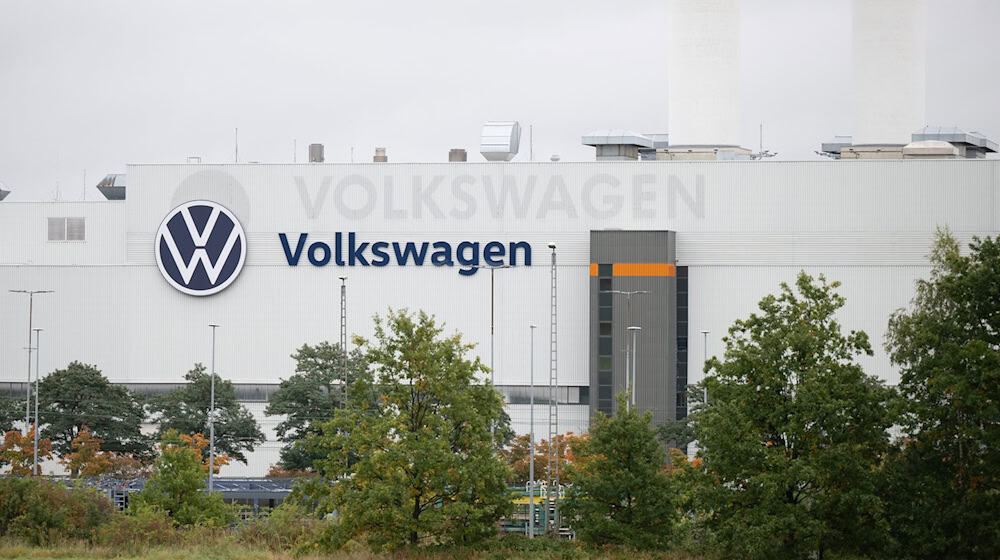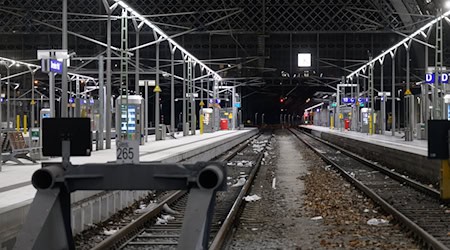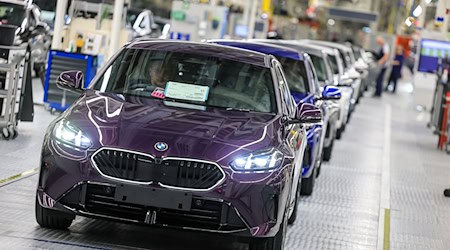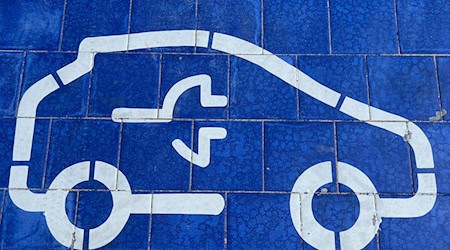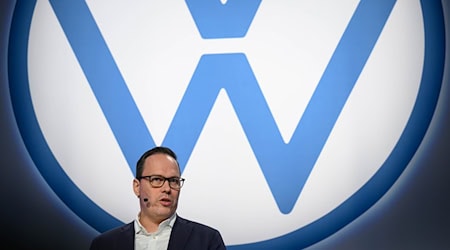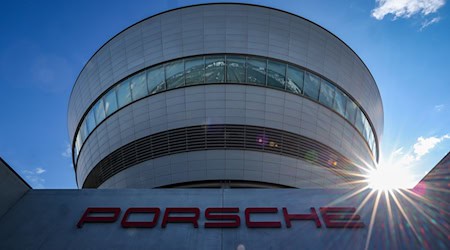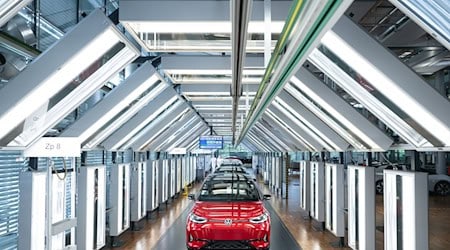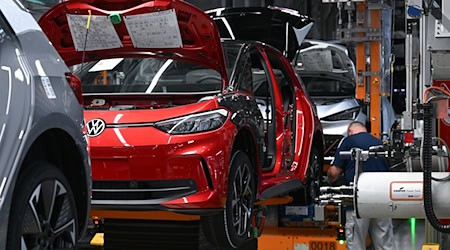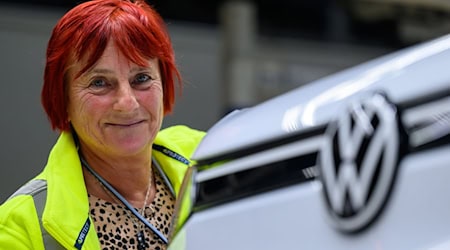Volkswagen is expecting new impetus for the market ramp-up of electric mobility in Germany from this Thursday's car summit in the Chancellery. "We have great expectations of the car summit to focus on the topic of e-mobility," said VW spokesman in Saxony, Michael Sommer. The aim must be for electric cars to be "loved by customers". The vehicles themselves are mature, now it's about the maintenance costs.
Sommer named continued vehicle tax exemption for e-cars and a charging price below 50 cents per kilowatt hour as key points. "Politicians need to discuss this," he said. In addition, the public debate about the drive system of the future must be calmed down. "The technological switch from combustion to electric is not a threat, but an opportunity," Sommer emphasized.
Stagnation on the production line - VW pauses e-car production
The reason for this is production breaks at the VW plants in Zwickau and Dresden, where the production lines are at a standstill this week due to weaker demand for electric cars. According to the company, VW is using the time for training, maintenance work and reducing overtime. Both sites are regarded as central pillars of the Group's electric strategy.
With regard to the combustion engine debate, Sommer called for a realistic transition. The classic drive will still be needed worldwide for some time to come, but at the same time the electric drive is "a future-proof technology that there is no way around". "We have the major challenge that we still have to earn money in one technology and invest in the new one at the same time," said Sommer. Germany must keep an eye on both - ongoing business operations and the investment path into the future.
East Germany as a driver of electric production
Jens Katzek, Managing Director of the Automotive Cluster East Germany, also sees the industry in a state of upheaval. According to him, around two thirds of electric cars produced in Germany last year came from eastern German plants. "We are on the right track, electromobility has long been a reality," said Katzek. Reliability is now needed instead of constantly setting new targets. "Let's keep pushing ahead, but without this number fetishism about the year 2035," he said. Companies need planning security, not threats of punishment if consumers are still hesitant.
Political dispute: 2035 as a bone of contention
Before the car summit, SPD leaders such as party leader Bärbel Bas and parliamentary group leader Matthias Miersch had reaffirmed their intention to stick to the ban on new combustion engines from 2035. CDU leader Friedrich Merz, on the other hand, is calling for the ban to be overturned and for "technological openness".
Copyright 2025, dpa (www.dpa.de). All rights reserved

